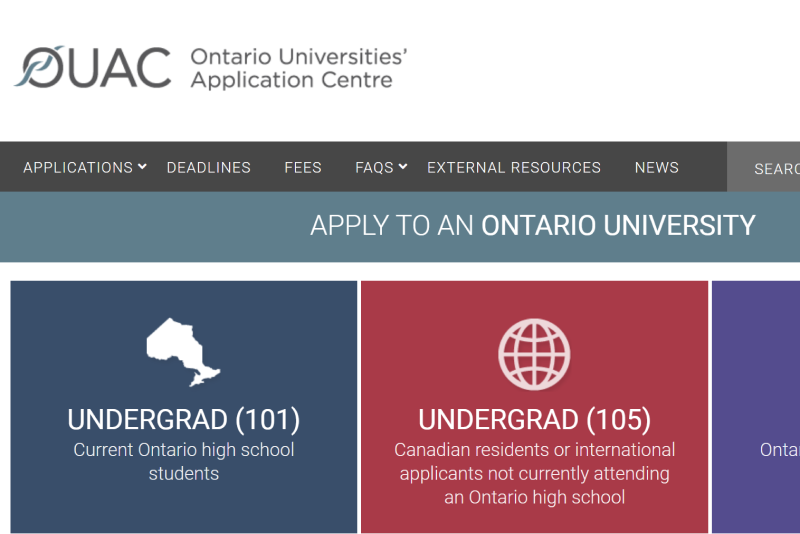African enrollment in U.S. higher education institutions has been on the rise, with a significant upswing of 16% compared to the previous year. This increase is predominantly driven by students from Nigeria (22%) and Ghana (57%), highlighting the growing demand for American education in the continent. However, the path to studying in the U.S. is not without its challenges, particularly for students from West Africa who face higher visa rejection rates compared to their peers from other regions.
The Booming Trend in African Enrollment
The surge in African student enrollment in the United States is a promising trend that underscores the increasing recognition of American universities as world-class institutions. These institutions offer diverse academic programs, world-renowned faculty, and extensive resources that attract students from across the globe. For African students, pursuing higher education in the U.S. represents an opportunity to access cutting-edge knowledge and to be part of a rich academic and cultural tapestry.
The Visa Dilemma
Despite these gains, African students—especially those from West Africa—must contend with significantly higher visa rejection rates than students from other countries. While universities are eager to recruit bright minds from Africa, the challenge lies in the fact that visa yields may be lower than for students from other nations.
The reasons behind these visa rejections are multifaceted and complex. Factors such as tightened immigration policies, concerns about visa overstays, and issues related to financial documentation all contribute to the challenge. This can be particularly disheartening for students who have secured admission to prestigious institutions and obtained scholarships but are still denied visas.
The Impact of Visa Denials
Visa denials have a profound impact on the dreams and aspirations of African students. Beyond personal disappointment, these rejections often result in deferred academic pursuits, lost opportunities, and financial burdens. It’s essential to recognize that students who apply to study in the U.S. are driven by a desire for knowledge, personal growth, and a strong commitment to their communities and countries. Visa denials undermine these aspirations and limit the potential contributions of talented individuals.
The Opportunity for Change
On a policy level, the United States has the opportunity to better welcome talented students and immigrants from Africa. Addressing the challenges associated with visa rejections would not only benefit African students but also foster stronger educational and cultural ties between the United States and the continent.
Conclusion
The increase in African enrollment in U.S. higher education institutions is a testament to the appeal of American education on a global scale. However, addressing the challenges related to visa denials is crucial to ensure that this upward trend continues, providing opportunities for bright minds to thrive academically and contribute to a diverse and vibrant academic landscape. As institutions and policymakers work together, we can create a more inclusive environment where African students are welcomed and empowered to reach their full potential.





